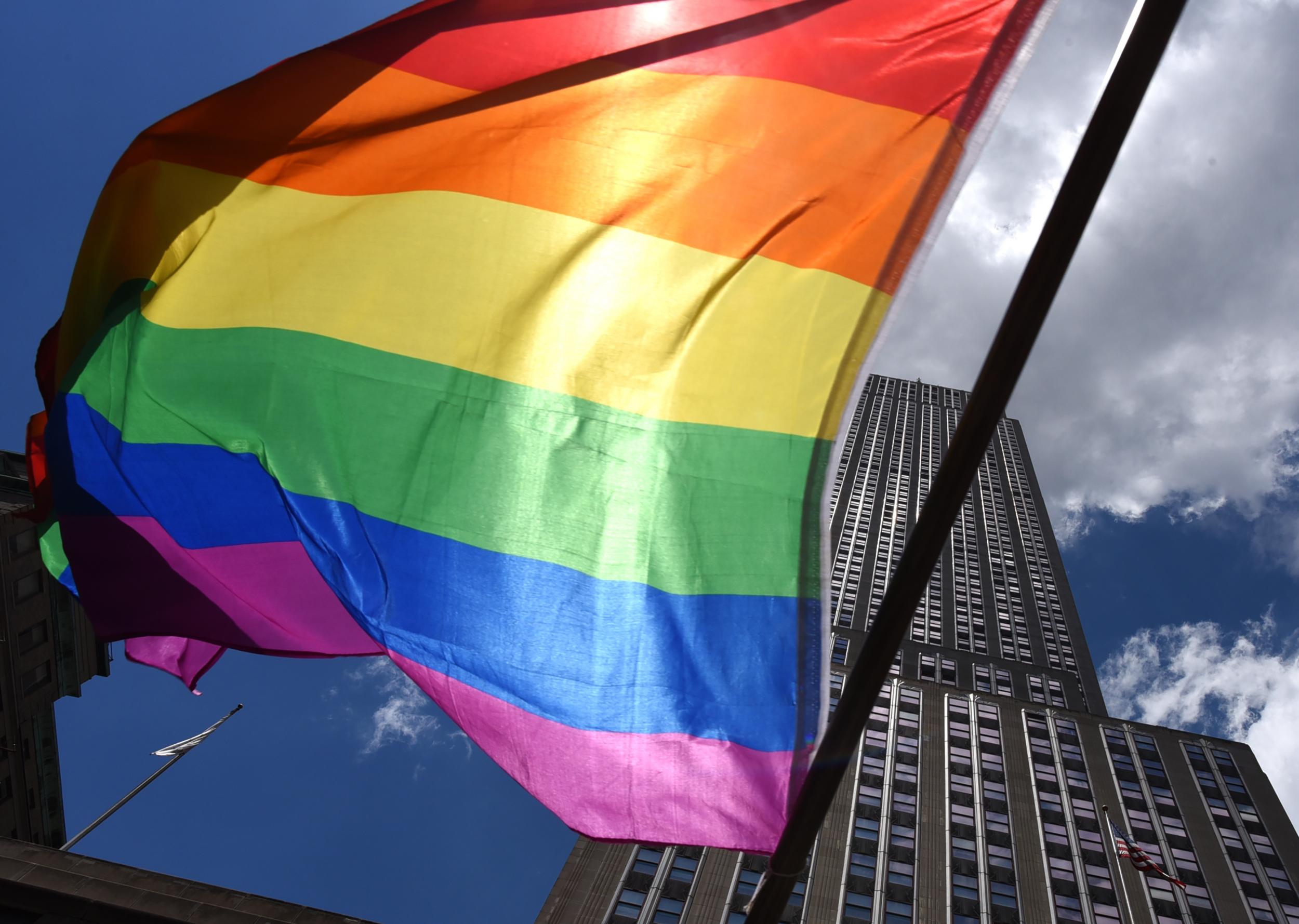Transgender deaths in the US remain high for 2018: 'Epidemic of violence targeting minority people'
It is the second year in a row that the number has been that high

Your support helps us to tell the story
From reproductive rights to climate change to Big Tech, The Independent is on the ground when the story is developing. Whether it's investigating the financials of Elon Musk's pro-Trump PAC or producing our latest documentary, 'The A Word', which shines a light on the American women fighting for reproductive rights, we know how important it is to parse out the facts from the messaging.
At such a critical moment in US history, we need reporters on the ground. Your donation allows us to keep sending journalists to speak to both sides of the story.
The Independent is trusted by Americans across the entire political spectrum. And unlike many other quality news outlets, we choose not to lock Americans out of our reporting and analysis with paywalls. We believe quality journalism should be available to everyone, paid for by those who can afford it.
Your support makes all the difference.More than two dozen transgender people were killed in the US last year, according to a data gathered by LGBT+ civil rights group.
It is the second year in a row The New York City Anti-Violence Project and the Human Rights Campaign (HRC) have recorded such a high number of deaths from being fatally shot or killed by other violent means.
In 2017, 29 transgender people were reportedly killed, the HRC reported. The civil rights group estimated that, since 2013, about 128 transgender people were killed in 87 cities, 32 states, and about 80 per cent of whom were people of color.
2018 continued a trend in recent years of all but one of the victims being transgender women and all but one were people of color. Eighteen known victims were shot dead, four were fatally stabbed, and two others had their homes set on fire while they were still inside. Four others were beaten to death. Eighteen cases involving the death of transgender people remain unsolved.
Those numbers might be a conservative estimate, as federal statistics are so limited. The Williams Institute, a public policy thinktank specialising in gender identity and sexual orientation, noted that there are “serious under-reporting” regarding the homicide rates against transgender people.
Another area of concern is that police, media and even the victims’ relatives often misgender the victims posthumously, often referring to them with the name and gender they do not identify with. On Wednesday, CNN reported that out of the 28 victims it discovered, the majority of them were initially misgendered, and in several cases, the police and media would continue to misgender them.
Among all other minority groups, the LGBT+ community are far more likely to be violently attacked in the United States, the Southern Poverty Law Center reported. The transgender community is one of the most vulnerable groups.
Sarah McBride, the national press secretary for the Human Rights Campaign, said the combination of misogyny, transphobia and racism in society—especially for people who live those intersection of multiple identities—can inflame multiplying prejudices against the victims.
“While there certainly are examples of individuals killed by people they know, including partners, many of the transgender people who have been killed are murdered by almost complete strangers,” Ms McBride told CNN.
“More people need to understand this epidemic of violence targeting minority people in this country, including transgender people, is hate-based and a byproduct of existing prejudice inflamed by politicians all too eager to appeal to the darker undercurrent of society,” she added.
Join our commenting forum
Join thought-provoking conversations, follow other Independent readers and see their replies
Comments